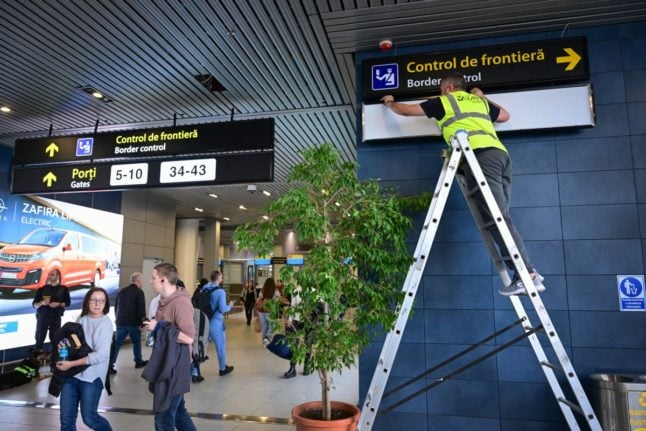In what has become a summer of strike action, industrial disputes are affecting travel of all forms across Europe.
In Spain, however, the walkouts have been very largely concentrated in the aviation sector with pilot and cabin crew strikes at both Ryanair and EasyJet causing delays and cancellations throughout the summer.
To further add to the already chaotic summer of travel, cabin crew at the low-coast branch of Iberia – Iberia Express – have now joined their industry colleagues and called for strike action.
READ MORE: Ryanair cabin crew in Spain begin latest round of strike action
Backed by the USO and SITCPLA unions, over 500 Madrid-based Iberia Express cabin crew staff are set to walk out for ten days of strike action that will begin on August 28th and is scheduled to last until at least September 6th, in order to “unblock the negotiation of the airline’s collective agreement,” according to unions.
As with other airlines, union bosses are demanding a salary review to get pay in line with Spain’s historic inflation and because Iberia Express staff have had their wages frozen for the last seven years.
Like the Ryanair and EasyJet disputes, unions are fighting for pay increases amid an inflation-triggered cost of living crisis combined with worsening working conditions, hours and contracts prompted by the surge in travel after the end of COVID-19 pandemic travel restrictions. Many airlines cut staff numbers to try and stay afloat during the pandemic and are now struggling to cope with demand.
READ MORE: Rate of inflation in Spain reaches highest level in 37 years
Unions are also calling for the consolidation of a 6.5 percent salary increase corresponding to 2021 for all staff, the creation of a seniority bonus, and two salary levels with a 11 percent and 4 percent percent increases respectively.
“We are very disappointed with Iberia Express’s management, which showed it doesn’t keep its word and doesn’t respect workers who have struggled to keep the company afloat,” unions said in a statement.
READ MORE: Airport chaos in Europe: What are your rights if flights are delayed or cancelled?
Iberia Express representatives described the proposed strike action as “incomprehensible” and reinforced that negotiations are ongoing.
“We’re confident the strike can be avoided and that we can keep talking to guarantee stability and offer a good service to our customers,” Iberia Express management said in response.
Iberia Express connects Madrid with 40 cities across Europe. Unless an agreement is made between employers and unions, flights could be affected on August 28th, 29th, 30th, and 31st, and September 1st, 2nd, 3rd, 4th, 5th, and 6th.



 Please whitelist us to continue reading.
Please whitelist us to continue reading.
Member comments